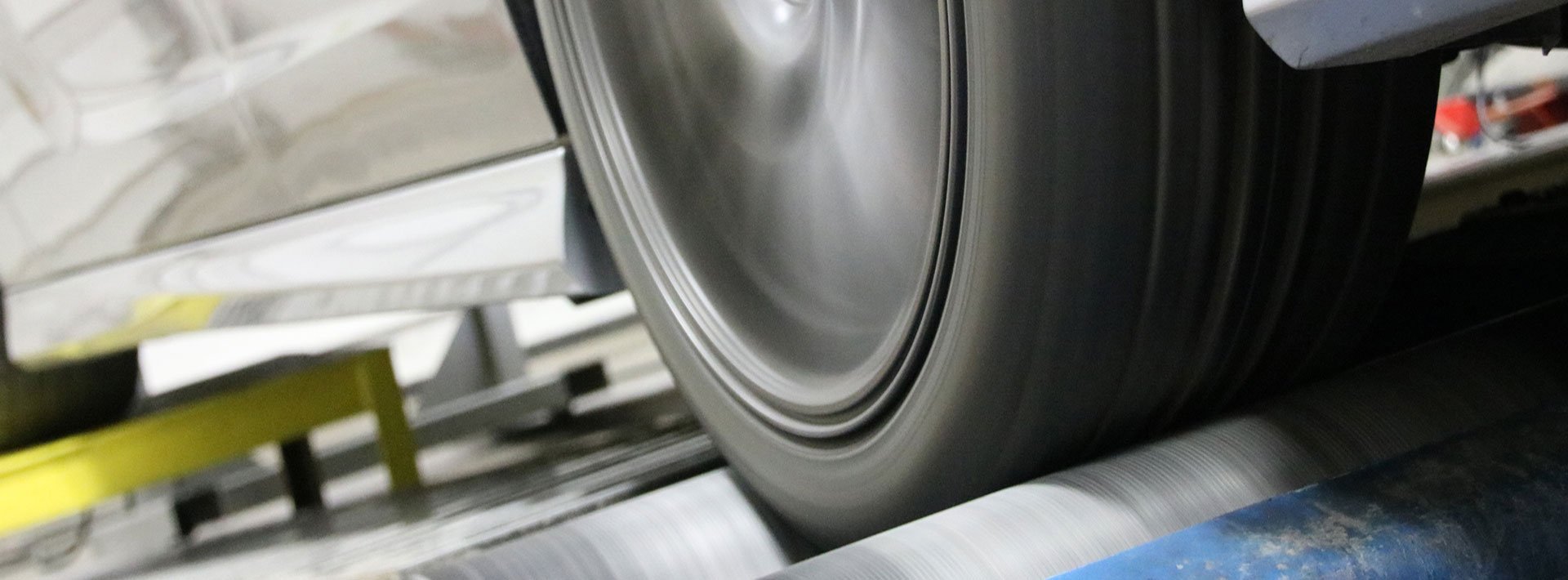ASTM E222 Wheel Impact Resistance Testing
The ASTM E222 standard provides a method to determine the resistance of automotive wheels and wheel assemblies to impact loading. This is critical for ensuring that wheels can withstand the stresses imposed during real-world conditions, such as potholes or debris impacts on the road surface. The test aims to simulate the potential damage from vehicle impact with objects like curbs or other hard surfaces.
The procedure involves a pendulum impacting a wheel mounted on a rotating arm. The wheel is subjected to a specified velocity and impact angle under controlled conditions. This allows for the measurement of the deformation, energy absorption, and overall structural integrity of the wheel after impact. ASTM E222 tests are particularly important in the development stages of new wheels as well as quality control processes.
For accurate results, specimens must be prepared with specific tolerances and material properties to ensure consistency across all samples being tested. The apparatus used includes a pendulum capable of delivering impacts at various velocities and angles, depending on the specification required by the standard.
The acceptance criteria for ASTM E222 involve evaluating several parameters including peak load, energy absorption capacity, deformation measurement, and post-impact structural integrity. Compliance with these standards ensures that wheels meet safety requirements as defined by regulatory bodies such as SAE International (formerly Society of Automotive Engineers) and others.
In summary, ASTM E222 is a vital tool for automotive manufacturers looking to improve the durability and safety of their products. By simulating real-world impacts, this test helps identify any weaknesses in design or manufacturing processes that could lead to premature failure or安全隐患





